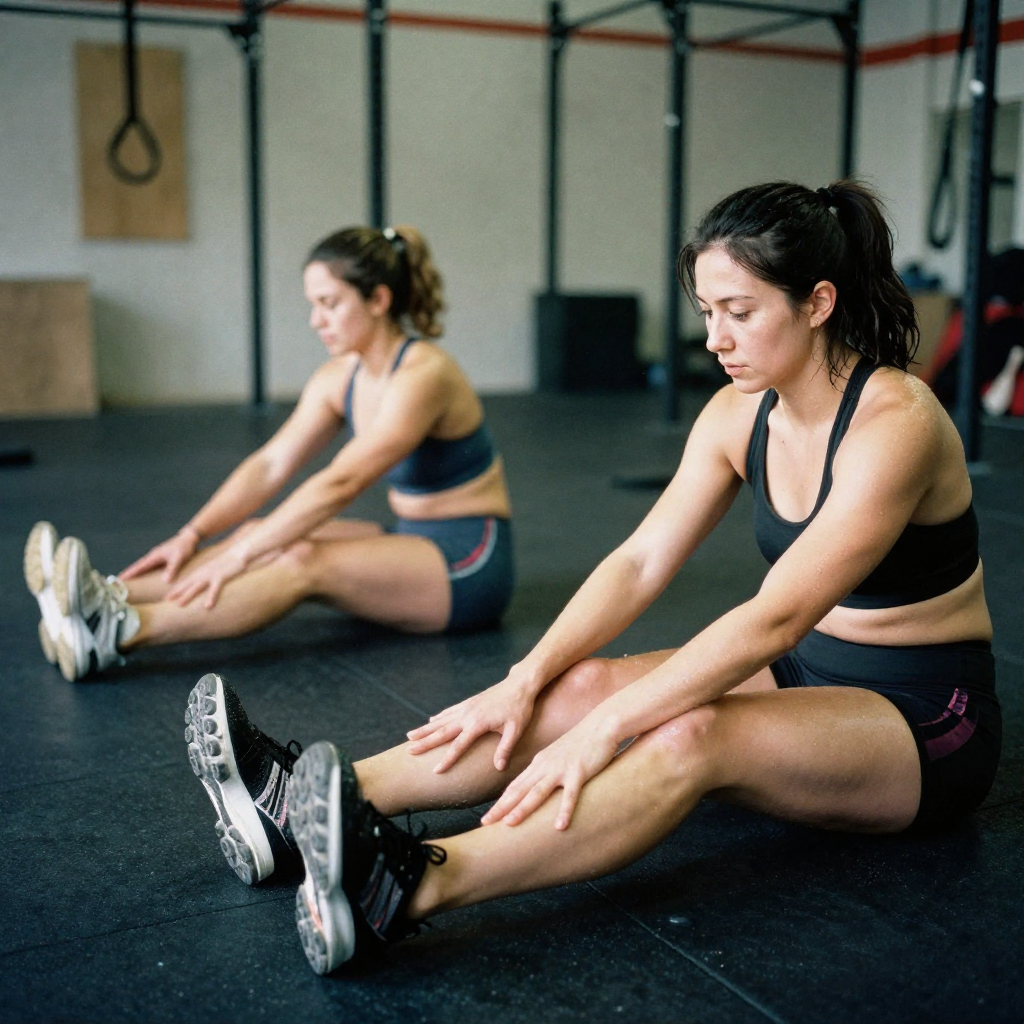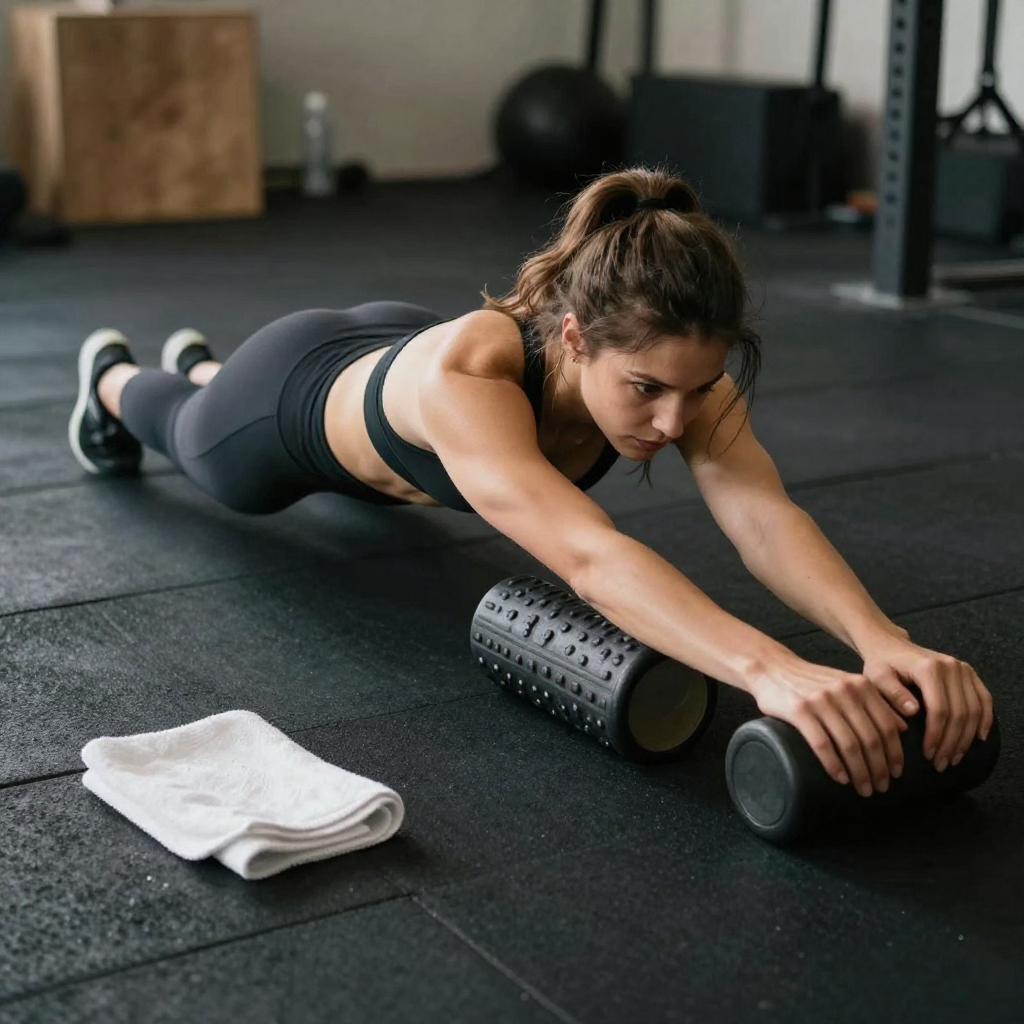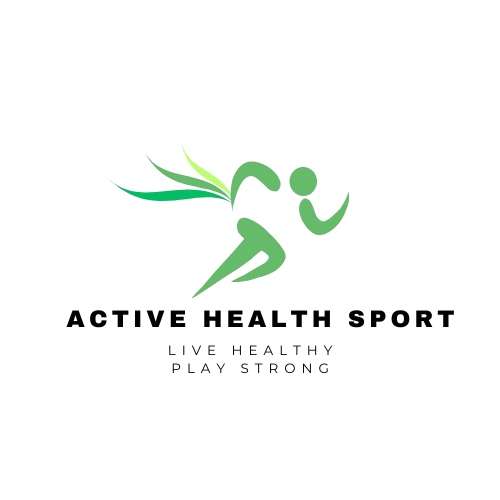Introduction | The Importance of Staying Hydrated
Hydration is often overlooked, yet it plays a critical role in maintaining the body’s health and optimal performance. When you’re dehydrated, it can lead to a range of issues such as fatigue, headaches, and poor physical performance. Understanding the signs of dehydration and how to address them quickly is essential for everyone, particularly athletes or those with active lifestyles.
In this blog, we’ll explore the top signs you’re dehydrated and provide practical hydration tips to fix the issue swiftly. You’ll also learn about water intake guidelines to help you stay properly hydrated throughout the day. Because, recognizing dehydration symptoms early and addressing them efficiently will help you maintain your energy, focus, and overall well-being.
What are the Top Signs You’re Dehydrated?
Dehydration can sneak up on you, especially if you’re busy or active. While the signs may vary depending on your activity level, environment, and overall health, some common dehydration symptoms are universal. Here’s what to look for:
1. Dry Mouth and Thirst
The most obvious and immediate sign that you’re dehydrated is a dry mouth. When your body lacks sufficient water, your saliva production decreases, leaving your mouth feeling dry and uncomfortable. Thirst is also a strong indicator that your body needs more water.
How to Fix It: Drink water as soon as you feel thirsty. For more sustained hydration, sip water consistently throughout the day. Carry a water bottle with you to remind yourself to hydrate regularly.
2. Dark Yellow Urine
Urine color is a reliable indicator of hydration levels. If your urine is dark yellow or amber, it’s a sign that your body is retaining water. Clear or pale yellow urine typically indicates proper hydration.
How to Fix It: Aim for at least 8 cups of water a day, adjusting based on your activity level. If you notice dark urine, drink water immediately and throughout the day to flush out the toxins.
3. Fatigue or Weakness
When your body is dehydrated, it can feel sluggish and tired. Dehydration can reduce your blood volume, making it harder for oxygen and nutrients to reach your muscles and organs, leading to fatigue.
How to Fix It: Drink water consistently, and be mindful of your fluid intake, especially after exercise. It’s essential to hydrate before, during, and after physical activity.
4. Headaches and Dizziness
Dehydration can cause your brain to shrink slightly, leading to headaches or dizziness. Low water levels can impair brain function, making it harder to concentrate, focus, or think clearly.
How to Fix It: If you experience a headache or dizziness, drink water immediately. Keep a bottle handy and drink small sips regularly to maintain your hydration status.
5. Dry Skin and Reduced Skin Elasticity
Dehydrated skin can become dry, flaky, and lose its natural elasticity. If you pinch your skin and it doesn’t return to its normal state quickly, it’s a sign of dehydration. Skin hydration is closely linked to your overall fluid levels.
How to Fix It: Hydrate well throughout the day to nourish your skin from the inside out. Use a moisturizing lotion to help lock in moisture, but the key is adequate water intake.
6. Cramps or Muscle Spasms
Muscle cramps can be a sign of dehydration, especially after exercise. When your body is low on fluids, your muscles may not function correctly, leading to painful cramps or spasms.
How to Fix It: Prevent cramps by staying hydrated before, during, and after exercise. Electrolytes also play a role in muscle function, so consider drinking an electrolyte-rich beverage if you’re active for extended periods.
7. Dry or Sticky Eyes
When you’re dehydrated, your body produces fewer tears, leaving your eyes feeling dry and irritated. You might also experience a gritty sensation in your eyes.
How to Fix It: Ensure that you’re drinking enough water to hydrate your body and maintain tear production. Regular hydration helps to keep your eyes moist and comfortable.
Also Read: How Temperature Affects Your Body’s Hydration Levels (FULL GUIDE)

These are the Best Hydration Tips to Prevent Dehydration
Knowing how to address dehydration symptoms is one thing, but preventing it from happening in the first place is crucial. Here are some practical hydration tips to stay on top of your water intake:
1. Follow Water Intake Guidelines
While the “8 cups a day” rule is a good starting point, individual hydration needs vary. A general guideline is to drink about half of your body weight in ounces of water each day. For example, if you weigh 150 pounds, aim for at least 75 ounces of water daily.
2. Drink Water Before, During, and After Exercise
If you’re an athlete or engage in physical activity, you need to stay ahead of your hydration needs. Drink water before you start exercising, sip during your workout, and replenish afterward. This will help maintain your energy and performance levels.
3. Include Hydrating Foods
In addition to drinking water, you can boost hydration by consuming water-rich foods like fruits and vegetables. Cucumbers, watermelon, strawberries, and oranges are excellent choices that can help keep you hydrated throughout the day.
4. Monitor Your Electrolyte Levels
If you engage in intense physical activities or long endurance workouts, consider replenishing your electrolytes. Electrolytes like sodium, potassium, and magnesium help regulate fluid balance and muscle function. Sports drinks or electrolyte tablets can be beneficial but always choose low-sugar options.
5. Set Reminders to Drink Water
It’s easy to forget to drink water throughout the day, especially when you’re busy. Set reminders on your phone or use a water-tracking app to remind you to stay hydrated. Carry a reusable water bottle to make it easier to access water wherever you go.
6. Avoid Dehydrating Beverages
Certain beverages like caffeine and alcohol can dehydrate your body. While it’s okay to enjoy them in moderation, always balance them out with water. If you drink coffee or alcohol, drink an equal amount of water to counteract the dehydrating effects.
How to Fix Dehydration Quickly
If you recognize the signs of dehydration and need to fix it fast, here are some tips to quickly rehydrate your body:
- Drink Water Slowly: Don’t try to drink large amounts of water in one sitting. Instead, sip small amounts slowly over time to allow your body to absorb it.
- Consume Electrolytes: If you’re severely dehydrated, add a pinch of salt or drink an electrolyte beverage to help balance your body’s fluids.
- Cool Down: If you’re feeling dizzy or lightheaded due to dehydration, find a cool, shaded area to rest. Dehydration and heat often go hand in hand, so cooling down can help alleviate symptoms more effectively.
- Eat Hydrating Foods: Foods like fruit, smoothies, and soups are great for rehydration. They not only provide hydration but also essential vitamins and minerals.
If you find yourself in a dehydrated state, quick action is necessary to restore your body’s fluid balance. The strategies above help speed up the rehydration process and ensure you avoid further complications, such as dizziness or heatstroke. Sipping water slowly over time prevents overwhelming your system, while electrolytes are essential in replenishing lost minerals.
Cooling down and resting in a shaded area can also help if dehydration is accompanied by dizziness or weakness, especially in hot conditions. Lastly, consuming hydrating foods like fruits, smoothies, and soups can provide both hydration and important nutrients that support recovery.
Also Read: Why Hydrogen-Infused Water Is the Newest Health Trend

Real Stories | Recognizing and Recovering from Dehydration
1. Peneew Alex – Mistaking Fatigue for Burnout
Peneew Alex, a 42-year-old marketing professional from Fort Worth, Texas, reached out to the Active Health Sport Team after months of battling what she believed was burnout. Constant fatigue, headaches, and a foggy mind made even basic tasks feel overwhelming. She had tried taking breaks from work, changing her diet, and even cutting down on screen time, but nothing seemed to help.
After reading one of our hydration-related blogs, she started tracking her daily water intake and realized she was consuming less than half the recommended amount. She gradually increased her water consumption, incorporated fruits like watermelon and cucumber into her meals, and noticed a drastic shift within a week. Her energy levels improved, headaches faded, and her mental clarity returned. What she had mistaken for burnout turned out to be chronic dehydration.
2. Saptri Javas – A Rushed Runner’s Mistake
Saptri Javas, a 29-year-old amateur runner from Sydney, Australia, used to believe that hydration wasn’t a priority unless she felt thirsty. During her half-marathon training last summer, she began experiencing frequent cramps and lightheadedness mid-run. Thinking it was due to overtraining, she cut back her sessions, but the symptoms persisted.
After consulting with our team, she learned the importance of pre-hydration and replenishing electrolytes. Saptri began hydrating strategically before, during, and after her workouts using a balance of water, coconut water, and electrolyte-rich snacks. She not only improved her pace but also finished her race cramp-free and fully energized.
3. William Hughes – Dehydration at Work, Not the Gym
William Hughes, 51, from Syracuse, New York, prided himself on staying active at the gym five days a week. But outside of his workouts, he often neglected basic hydration, especially during long office hours in a temperature-controlled environment.
He began experiencing dry skin, dizziness, and poor concentration. When he checked in with the Active Health Sport Team, we walked him through the signs of passive dehydration, where your body loses water through normal functions without you even realizing it. William began carrying a reusable water bottle to work and set hourly reminders to drink. Within days, he noticed a smoother energy curve throughout his day and improved post-workout recovery.
Stay proactive, stay hydrated. Your health depends on it.
Final Thoughts | Stay Hydrated for Better Health
Hydration is crucial not only for physical performance but also for overall health. Your body relies on water for nearly every function, including regulating body temperature, cushioning joints, and aiding digestion. Dehydration can lead to decreased energy, poor concentration, and even muscle cramps, so it’s essential to stay hydrated throughout the day.
Proper hydration goes hand in hand with your fitness goals. Whether you’re an athlete pushing your limits or someone who enjoys daily physical activity, the importance of staying hydrated cannot be overstated. Dehydration can hinder performance, recovery, and overall well-being, so it’s vital to drink water regularly and balance your fluid intake with electrolytes when necessary.
At Active Health Sport, we understand that hydration is about understanding your body’s specific needs. By following the hydration tips shared in this blog, you can ensure that you’re properly hydrating before, during, and after exercise. Staying mindful of your water intake, especially during intense workouts or hot weather, will help you stay energized, reduce the risk of injury, and improve your overall health and fitness journey.
Stay hydrated, stay healthy, and continue to prioritize your well-being. That’s all from today’s blog. If you have any questions in your mind, feel free to comment below or email us. Explore more expert insights on our blogs and take the first step toward a more hydrated, active lifestyle today!
You might also like…
- Active Recovery for CrossFitters: Walking & Mobility Explained
 CrossFit pushes athletes to their physical limits, lifting heavy, sprinting, jumping, and performing high-intensity functional movements. While the intensity delivers impressive gains, it also places tremendous stress on muscles,… Read more: Active Recovery for CrossFitters: Walking & Mobility Explained
CrossFit pushes athletes to their physical limits, lifting heavy, sprinting, jumping, and performing high-intensity functional movements. While the intensity delivers impressive gains, it also places tremendous stress on muscles,… Read more: Active Recovery for CrossFitters: Walking & Mobility Explained - How Walking and Stretching Boost CrossFit Recovery (Duo)
 CrossFit recovery, athletes often chase intensity, heavy lifts, quick transitions, and heart-racing WODs (Workouts of the Day). Yet, the key to consistent progress isn’t just in the effort you… Read more: How Walking and Stretching Boost CrossFit Recovery (Duo)
CrossFit recovery, athletes often chase intensity, heavy lifts, quick transitions, and heart-racing WODs (Workouts of the Day). Yet, the key to consistent progress isn’t just in the effort you… Read more: How Walking and Stretching Boost CrossFit Recovery (Duo) - How Nutrition Impacts Sleep: Foods That Help (and Hurt) Your Night’s Rest
 You Are What – and When – You Eat We often think of sleep as a nighttime habit, but the truth is that good sleep begins with what you… Read more: How Nutrition Impacts Sleep: Foods That Help (and Hurt) Your Night’s Rest
You Are What – and When – You Eat We often think of sleep as a nighttime habit, but the truth is that good sleep begins with what you… Read more: How Nutrition Impacts Sleep: Foods That Help (and Hurt) Your Night’s Rest

Kait Amazra is the founder and lead writer of Active Health Sport. With over 25 years of experience in health, fitness, and wellness education, Kait combines professional expertise with a passion for helping people live stronger, healthier, and more balanced lives.
As a licensed health and fitness professional, Kait has worked alongside industry experts to deliver evidence-based insights on physical activity, nutrition, recovery, and holistic well-being. Through Active Health Sport, Kait’s mission is to make trusted, practical, and science-backed health information accessible to everyone, from beginners building new habits to athletes seeking peak performance.


Your article helped me a lot, is there any more related content? Thanks!
Your article helped me a lot…